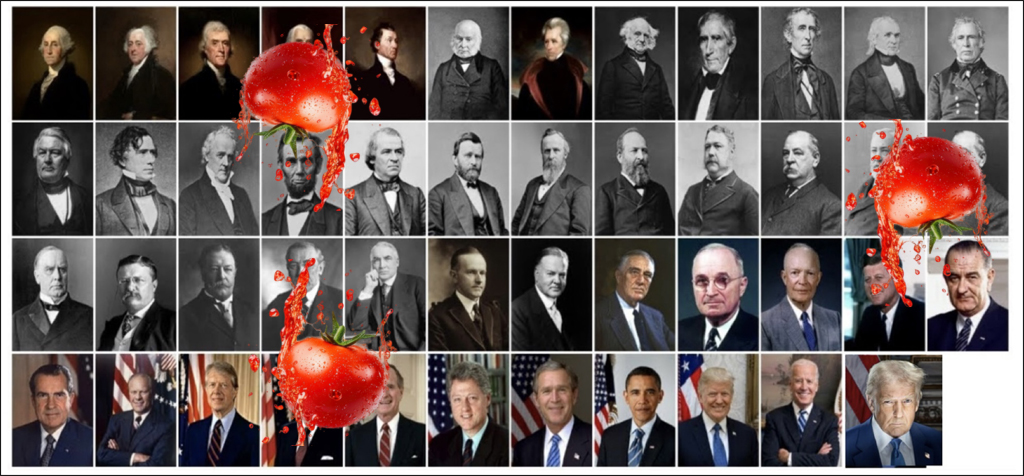 An analysis using the Balanced Transportation Analyzer shows how much time individual drivers steal from fellow drivers by choosing to drive into the New York City CBD.
An analysis using the Balanced Transportation Analyzer shows how much time individual drivers steal from fellow drivers by choosing to drive into the New York City CBD.It’s not often that you get to see your work set off a Eureka moment for someone else -- particularly when that someone is from a different
culture. But I had that experience recently, and it seems worth sharing on
Streetsblog in light of the interest shown today in my analysis of the travel
delay costs from FreshDirect deliveries.
I presented a paper last week at an international forum on
traffic congestion in Guangzhou, China.
People in that city are beginning to look at congestion pricing, and I was asked
to discuss why the Bloomberg toll plan failed politically.
As part of my talk, I described the “social delay costs”
from an additional car trip into the center of Manhattan -- literally, the total time that all road users combined spend in traffic because
any one of them decided to drive. Afterwards, one of the organizers, a
professor of transportation engineering, asked me to present a technical version of my paper to his students at South China
University of Technology.
The next day, when I came to the part about social-delay
costs, the professor peppered me with questions about my methodology. As I went
through the steps -- basically, every trip takes up an incremental amount of limited street space, which lowers speeds, which adds to everyone's travel times -- the professor
grew more intrigued. It wasn’t that the idea itself was new, but that if
traffic speeds and other baseline data were known, then the delay-impact of one
trip could be quantified. And,
moreover, that the impact varied enormously depending on the time of day: when
there is ample spare road capacity, say, in the middle of the night, an extra
trip has little discernible impact, whereas one trip during congested peak
times adds several hours to the aggregate time that all other vehicles must
spend on the road.
I daresay that for the professor, my elucidation of one
trip’s delay costs helped move congestion pricing from the realm of
abstraction to something tangible and, perhaps, essential. If a peak trip to
the center of New York or some other city can impose one or two hundred minutes
worth of delays on others -- and if no driver is ever called on to take that impact
into consideration -- then of course the city will be awash in gridlock. No city, not
even Guangzhou, despite an emerging
21st century transit infrastructure of Bus Rapid Transit and new
subway lines, will be able to forestall the tide of free driving.
The same construct animates the FreshDirect analysis in my
Time Thieves paper, except that there the bulk of the delays result from the
trucks’ double-parking. The point is the one I made in my Dot Earth post from Guangzhou: Motorists who pay only for their own lost time, but not for the time their trips
take from other motorists, have little incentive to make efficient decisions about when to drive and how often. In
the case of FreshDirect, this "time theft" averages $15 per delivery. If that
cost were added to the delivery price, FreshDirect’s business, I estimate,
would drop off by around 20 percent.
Then again, no one in New York City -- myself included -- is proposing congestion tolls even close to the social
delay costs of the trips that would be tolled. The Kheel-Komanoff Plan’s $2-$9
variable tolls ($2-$3-$4 on weekends and holidays, $3-$6-$9 on weekdays) are a
little under 10 percent of the same trips’ respective $30-$130 congestion costs. Yet, as I told the forum in Guangzhou, even this toll -- modest relative to the trip's full social cost -- would eliminate enough car trips
that speeds within the Manhattan CBD would rise more than 15 percent.





